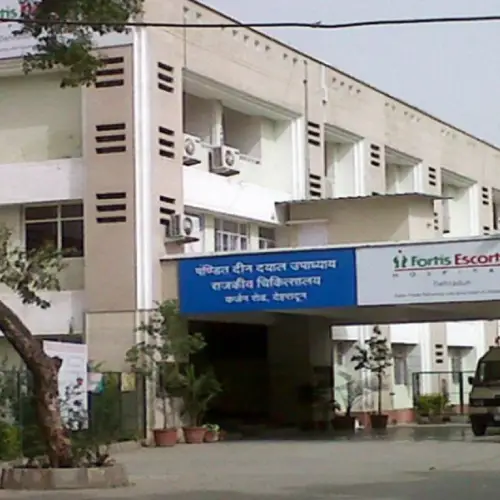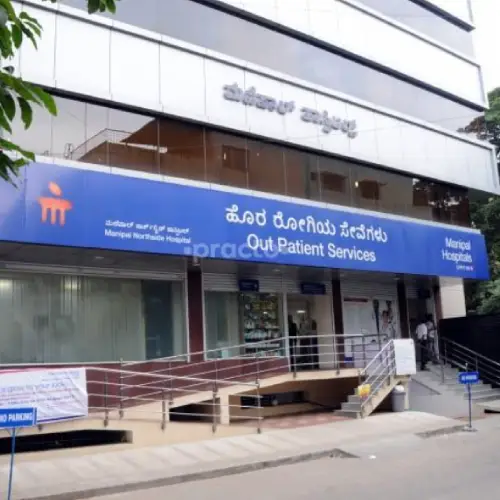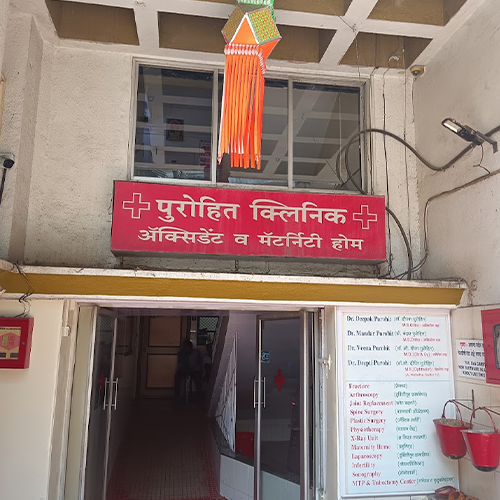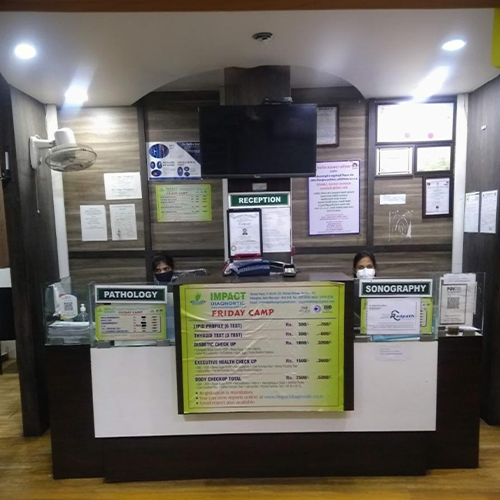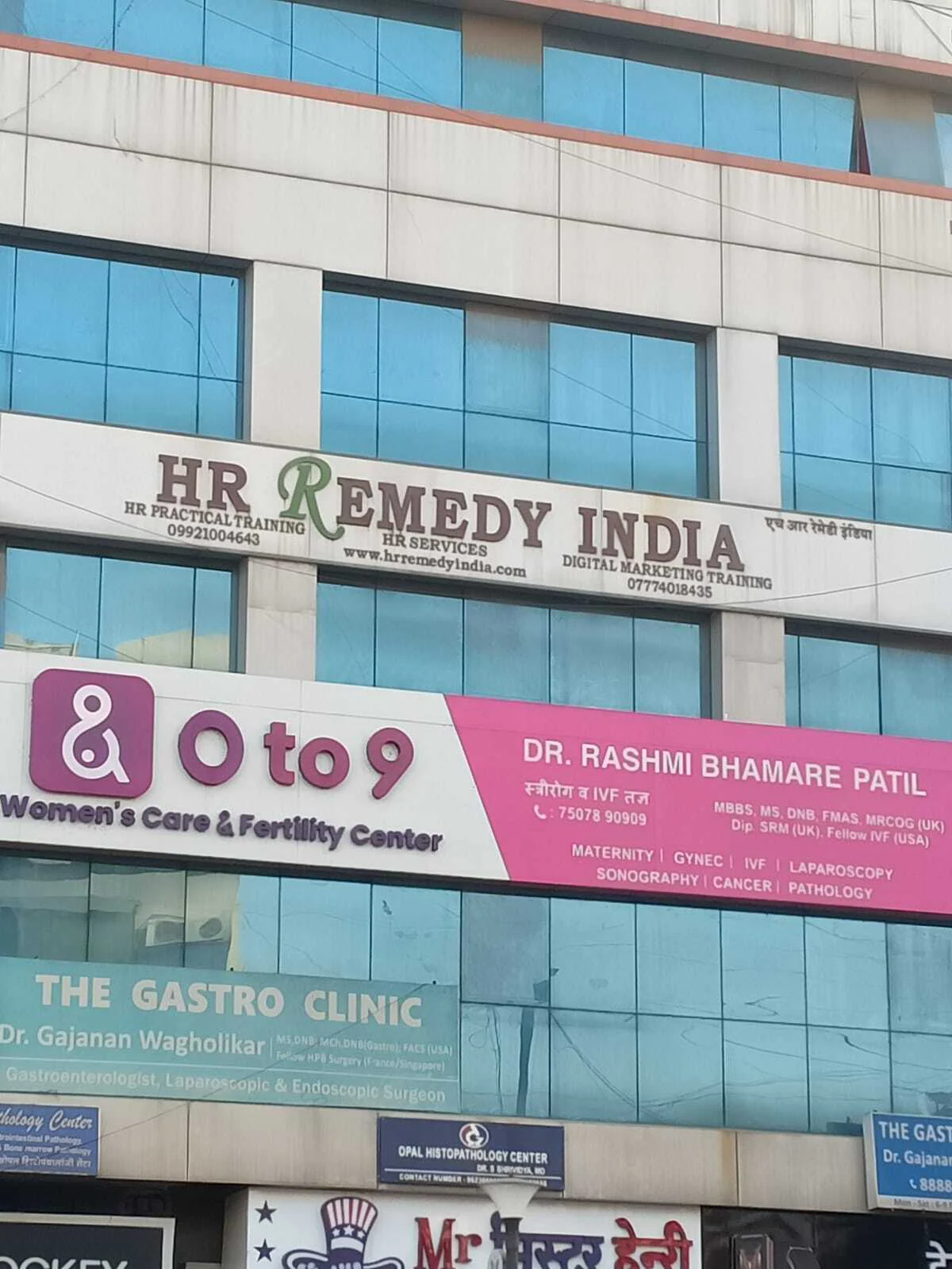Artificial Insemination
What is IUI?
Intrauterine Insemination (IUI), commonly referred to as artificial insemination, is one of the most basic fertility treatments. It involves placing sperm directly into a woman’s uterus to increase the chances of conception. The sperm can come from either a partner (husband) or a donor.
This relatively low-tech procedure can be done in two ways: a natural cycle or with ovulation induction. In a natural cycle, the body is closely monitored to detect ovulation, particularly the surge in luteinizing hormone (LH). Once this surge is detected, the fertility clinic provides instructions on when and how to collect the sperm sample for the procedure.
Who Should Consider IUI?
IUI is recommended for couples experiencing certain conditions that make conception difficult. It may be suitable for:
Men with the following issues:
Difficulty ejaculating during intercourse.
Conditions like spinal cord injury, diabetes, or multiple sclerosis.
Retrograde ejaculation (when sperm is released backward into the bladder).
Low sperm count or poor sperm quality.
Women with:
Mild endometriosis.
Cervical mucus issues that prevent sperm from reaching the egg.
Ovulation disorders.
Couples with:
Unexplained infertility.
Male Requirements for IUI: IUI might not be effective in men with extremely low sperm counts or abnormally shaped sperm. Therefore, a sperm analysis is often done beforehand.
Female Requirements for IUI: The woman should not have severe fertility issues. Tests must confirm regular ovulation, open fallopian tubes, and a normal uterine cavity. IUI is ineffective for women with blocked or severely damaged fallopian tubes.
The IUI Procedure
IUI involves inserting washed sperm directly into the uterus using a thin, flexible catheter that is threaded through the cervix. The process takes only a few minutes. If the cervix is difficult to access, a tenaculum might be used, which could make the procedure slightly uncomfortable.
When Is Sperm Collected for IUI?
Sperm is typically collected via ejaculation into a sterile container or collection condom. Most clinics require the sample to be delivered within 30 minutes of collection. If the couple lives close to the clinic, this can be done at home, otherwise, the collection occurs in a private room at the clinic. Once collected, the sperm is washed and prepared for insemination.
Best Timing for IUI
IUI should be performed within 6 hours on either side of ovulation. If an hCG injection is used to induce ovulation, the procedure usually takes place 24 to 48 hours afterward. Many clinics perform IUI about 36 hours after administering hCG, though some may schedule it at 24 or even 40-42 hours post-injection.
For those undergoing a natural cycle, IUI is timed within 24-36 hours after detecting an LH surge. Some clinics perform two inseminations between 12 and 48 hours after the surge. It’s important to note that the egg is only viable for about 24 hours after being released.
Step-by-Step IUI Procedure
Medications are administered to encourage the maturation of 2 or 3 eggs.
Regular monitoring is done to measure follicle growth, adjust drug doses, and minimize the risk of side effects. This also helps reduce the chances of multiple pregnancies.
Blood tests are performed to measure estrogen levels, while ultrasounds are used to track follicle development.
When the follicles are of sufficient size, an hCG injection triggers ovulation.
On the day of ovulation, a sperm sample is collected, washed, and concentrated, before being inseminated into the uterus.
After insemination, tests are conducted to determine if pregnancy has occurred, followed by early ultrasounds.
Benefits, Success Rate, and Support for IUI Treatment
IUI is a simple and affordable fertility treatment. The success rate per cycle ranges from 5-15%, depending on factors such as the woman’s age (best under 35), the sperm count, and the condition of the woman’s fallopian tubes. Typically, three cycles are attempted before considering more advanced treatments.
Since it is less invasive and less expensive compared to other fertility treatments, IUI is often the first treatment option considered. In countries like India, IUI treatment is available at much more affordable rates compared to many other regions, making it a popular choice for couples seeking fertility assistance.
Additionally, free consultations with fertility experts from top hospitals can be arranged to guide couples through the process and help them make informed decisions about their treatment options.
Best Hospitals for IVF Treatment
Fill this form to get a free quote from best hospitals in India.


At MediTours India, we stand as a distinguished leader in the realm of medical tourism, dedicated to transforming your healthcare journey into a seamless and transformative experience. With a commitment to excellence and a focus on your well-being, we pave the way for a new era of medical travel.
Contact Us
Address : C603 Jalaram Park LBS Road. Bhandup West Mumbai -400078 Phone : +91 9820344697 Email : ajit@meditoursindia.in
Copyright by indiameditours 2023. All rights reserved.
